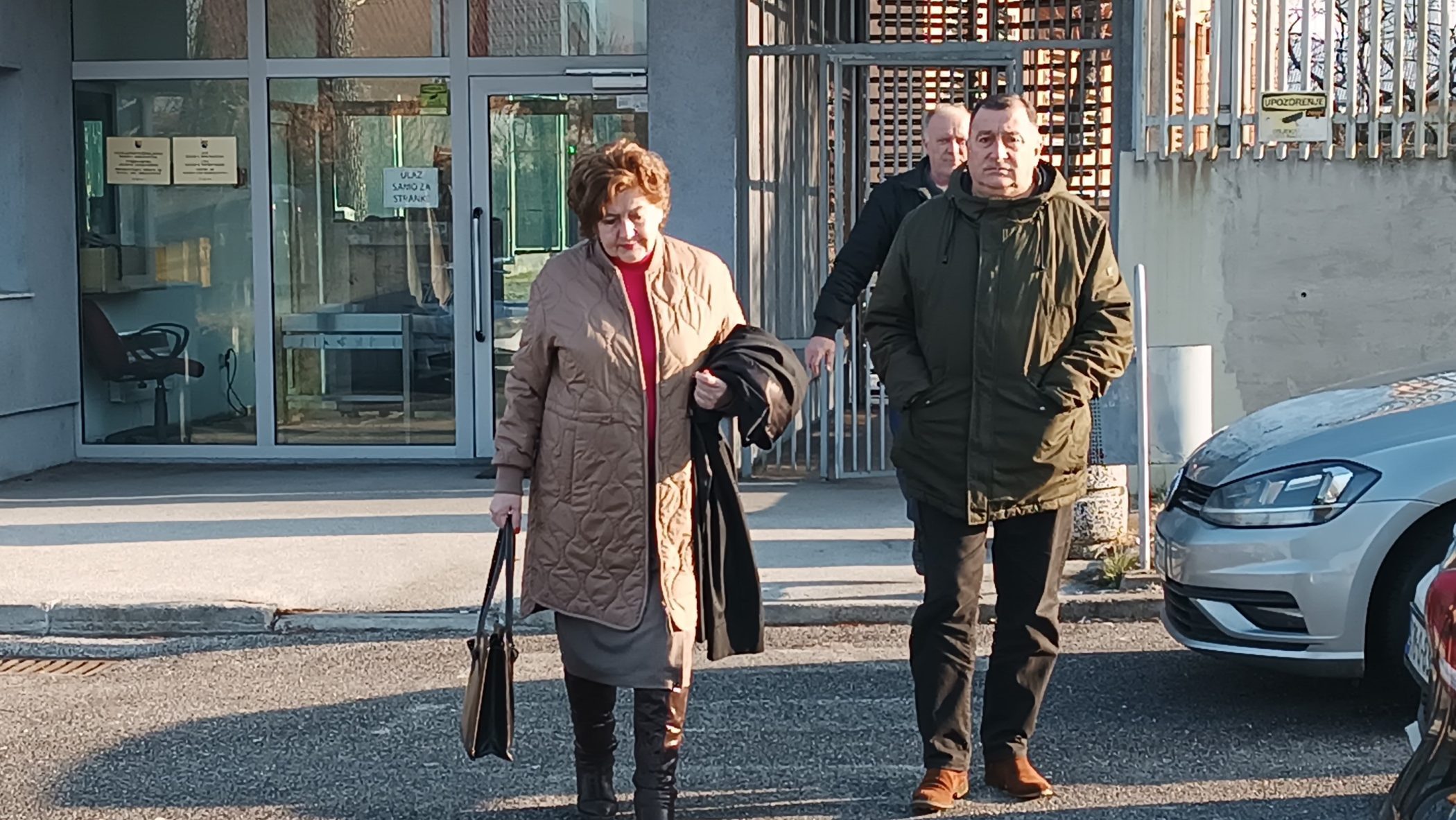This post is also available in: Bosnian
In past weeks, the trial of war crimes suspect Nikola Kovacevic has heard evidence intended to support prosecution claims that on July 7, 1992, he was responsible for 20 inmates who choked to death en route from the Betonirka detention camp to the Manjaca camp in northern Bosnia.
Witnesses have told the Court that the victims were among a group of 60 visibly exhausted prisoners who had been loaded onto a truck, over which a cover was then secured.
I na new twist this week, Kovacevic’s trial heard from two doctors who signed a death certificate at the time stating that men’s death was an accident.
Doctor Bosko Grubisa, a Bosnian Serb who was director of the Health Institute in Sanski Most during war, told the court that he was asked to sign the document without examining the bodies. While this would never be allowed “under normal circumstances”, he said, he agreed to do it because he was told that he was under orders from the local crisis staff.
“I was afraid of being arrested or tortured if I refused,” he told the judges.
DoctorStanko Erceg, another Bosnian Serb doctor from Sanski Most, also signed the death certificate. “At first I refused to sign because that would be committing a criminal act,” he said during his testimony this week. “However, it was an order and I was afraid to refuse. I did it against my consciousness.”
During their testimony, Grubisa and Erceg were shown copies of the certificate, which refers to the fact that the men in question died while being transported to the Manjaca camp. Both witnesses claimed that this had been added without their knowledge after they signed the document.
“At the time I did not know why we signed the certificates that the 20 men choked by accident,” Erceg testified.
Day before, witness Osman Talic to led judges about his day in detention centers.
“Danilusko Kajtez occasionally came to the Betonirka camp,” witness Osman Talic told judges at the Bosnian State Court this week, referring to the name which prosecutors say was used by war crimes suspect Nikola Kovacevic in the early Nineties. “We were all frightened of him because he beat anybody who came across him.”
Before the war,Talic was a local politician and a member of the predominantly Bosniak Party of Democratic Action, SDA. He told the court that he believed this was one of the reasons why, in May 1992, he was taken into custody in Sanski Most for an “informative conversation”. He was subsequently held in the Serb-run Betonirka, Manjaca and Batkovic detention camps.
“While they were questioning me, they would beat me if they didn’t hear what they wanted to,” he told the Court this week. “They forced me to say whether I had any weapons,whether I knew who did possess them in Sehovci village where I lived.”
Recalling his run-ins with the man he knew as Kajtez, the witness told the court, “One day,he came to me… He kicked me in my breast. I hit my head on the wall. Then he hit Mirzet Karabeg, one of the other inmates. And then he got him out in front of the camp and beat him up once more.”
After twelve day son Betonirka, Talic was transported and detained in the Hasan Kikic primary school, in Sanski Most. There, too, he told the court that he saw Kajtez and another man he recognised.
“They frightened us with their knifes and they forced us to sing Serb songs,” he said. “We were afraid of them.”
By the end of August 1992, Talic was transported to the Manjaca camp. And after several months more, he found himself in the Batkovic camp, near Bijeljina. He was shown a document stating that he had been brought there because he was the organiser of the Muslim resistance in Sanski Most.
Talic denied ever having played such a role. “I don’t know the reason why they detained me,” he told the court.
Another witness,Senad Supuk, who was also a former camp inmate, testified that he knew Kovacevic before the war. He confirmed that Kovacevic had used the name Danilusko Kajtez until 1996 and had volunteered to fight in the war in Croatia.
Supuk said he saw Kovacevic on his arrival at the Manjaca camp. “He stood in front of the truck and he set aside some men,” he said. “After that, the soldiers heavily beat them. Fortunately, I was not in this group, but there were five men whom I knew. Even today, I don’t know where they are and what has happened with them.”
The trial is set to continue on June 27.



